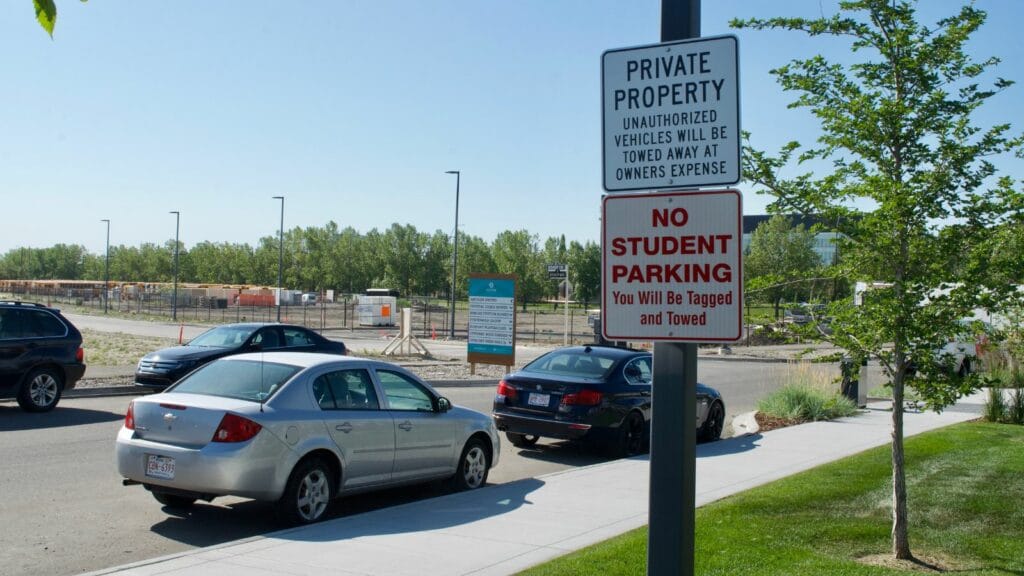It may feel like a minor slip-up, but parking in the wrong spot can put your car at risk of being towed, sometimes without warning. Many Canadian cities strictly enforce parking rules, and drivers can face quick tows and steep fees in specific situations. Understanding these scenarios can help you avoid a stressful trip to the impound lot.
Blocking a Fire Hydrant
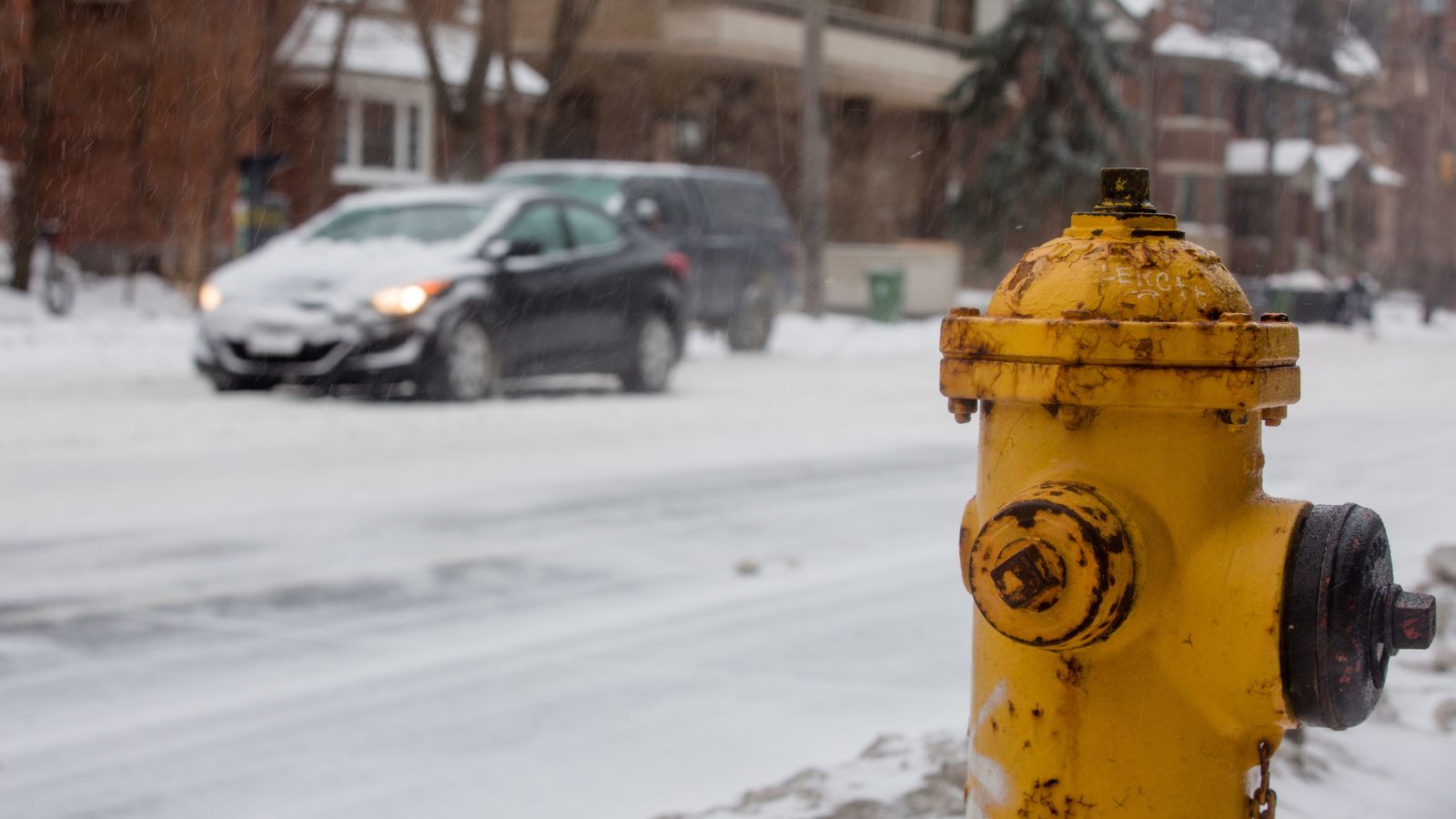
A commonly misunderstood rule: you must keep your vehicle at least 3 metres (about 9 feet) from a fire hydrant in most Canadian cities, including Toronto and throughout Ontario. Emergency services require this space for safety reasons. While you’ll usually get a $100 ticket for this infraction, cars are not always towed instantly unless you have multiple unpaid tickets. However, repeat offences or blatant obstructions can result in towing.
Parking in a Snow Route Zone
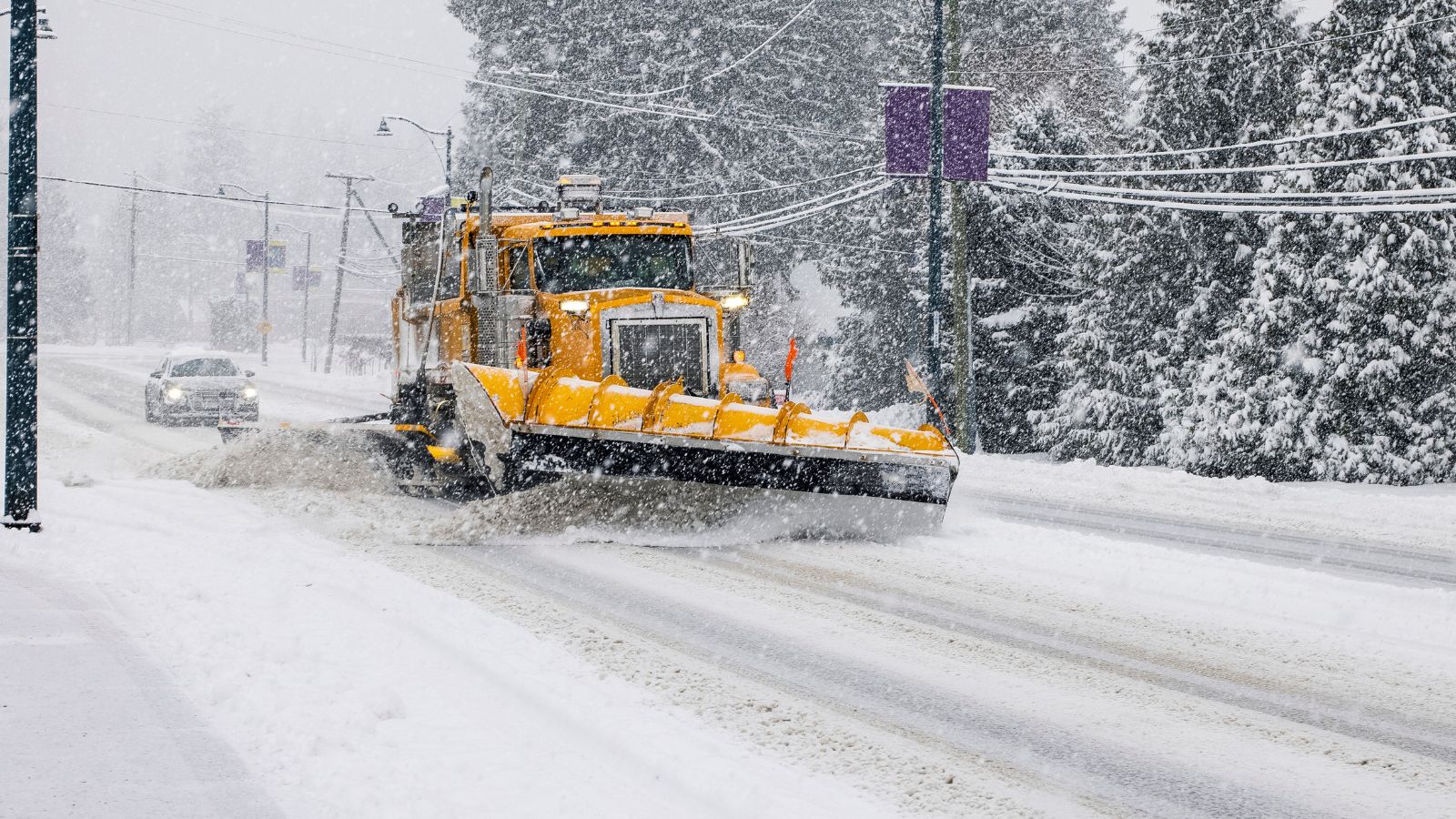
In winter, cities like Calgary and Edmonton activate snow route bans so snowplows can clear the roads. If you leave your car in a designated snow route during a ban, it may be towed immediately and without prior warning. The timing is automatic—no additional notice is needed.
Stopping in a No-Stopping Zone
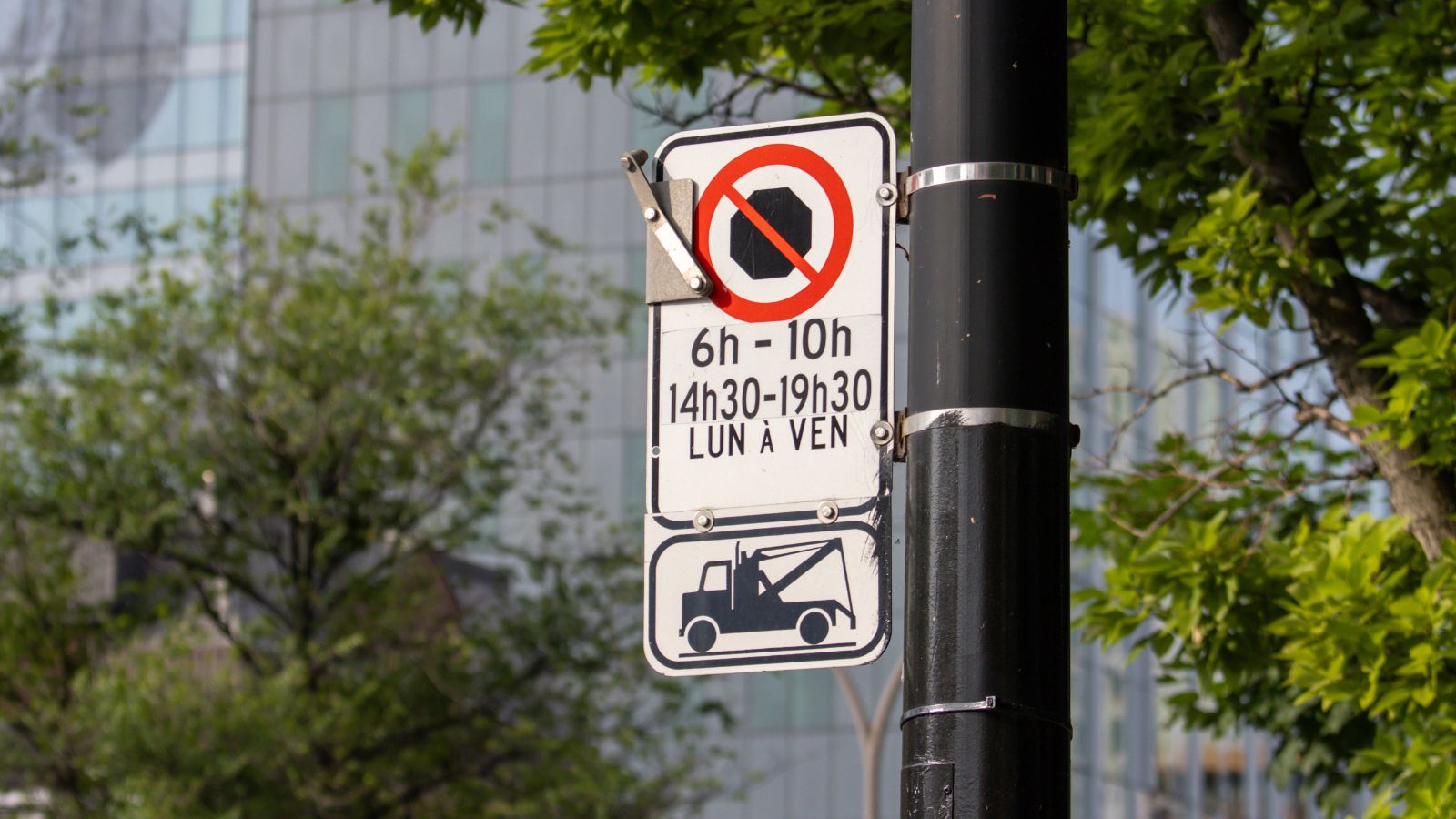
“No stopping” truly means zero stopping, not even for a moment while you wait in the car. These rules are especially enforced in school zones, intersections, and bus lanes. In cities such as Vancouver, officers can ticket and tow your vehicle right away if you’re found in these zones, even if you didn’t see a ticket placed beforehand.
Blocking a Driveway or Laneway
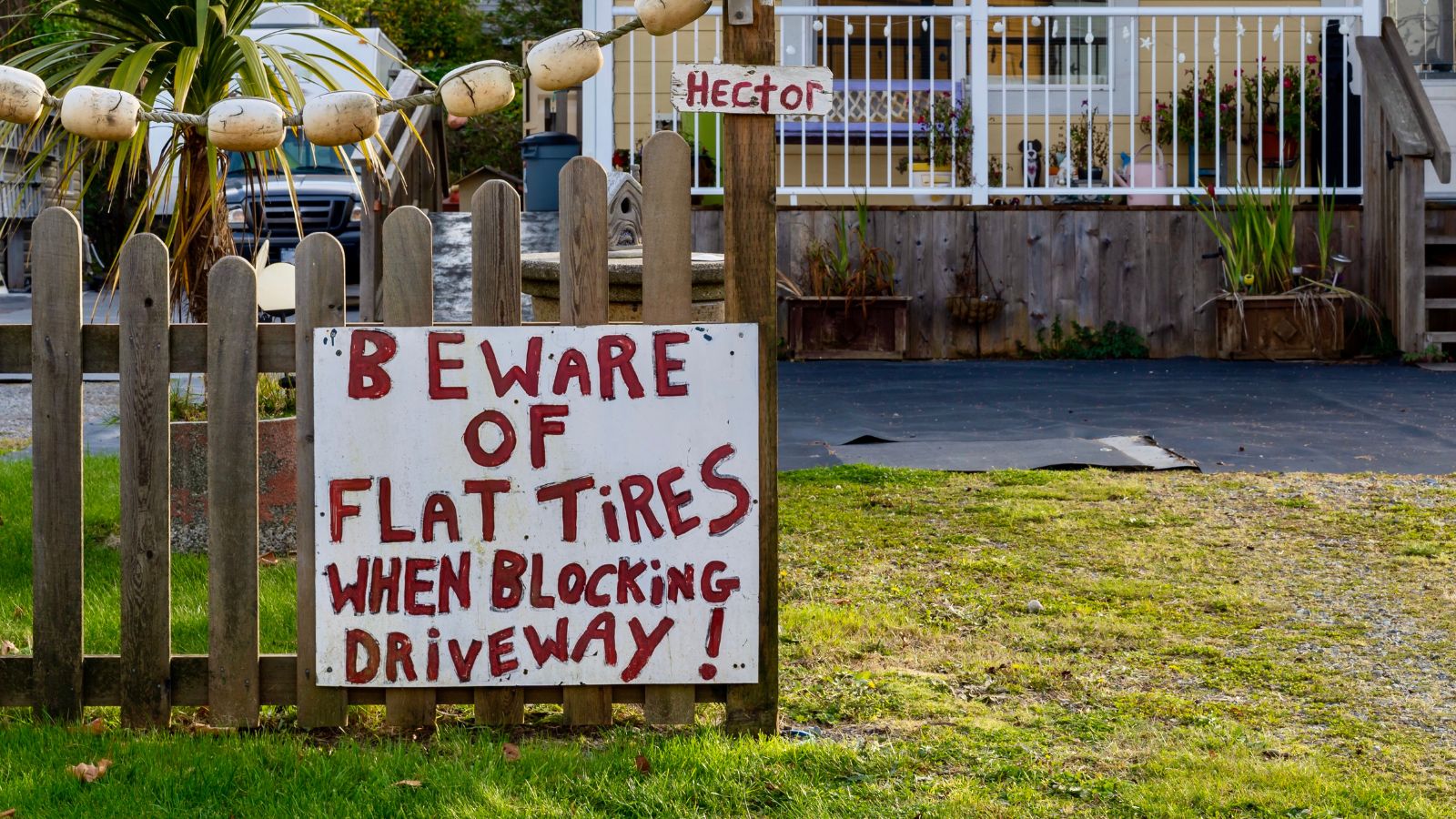
Parking even slightly in front of a driveway or laneway is a towable offence. Property owners can call in violations, and bylaw officers may authorize an expedited tow, especially in dense urban areas like Montreal or downtown Toronto, where access is essential. In some cities, a property owner’s signature may be required, so towing isn’t always instant, but enforcement is strict.
Parking on Private Property

Just because a parking lot looks empty doesn’t mean it’s for public use. Property owners in many Canadian cities (including all of Ontario) can hire towing companies to remove unauthorized vehicles, often with posted signage making the rules clear. In many cases, the tow can happen without explicit warning, so always check signs before leaving your car.
Ignoring Time-Restricted Zones
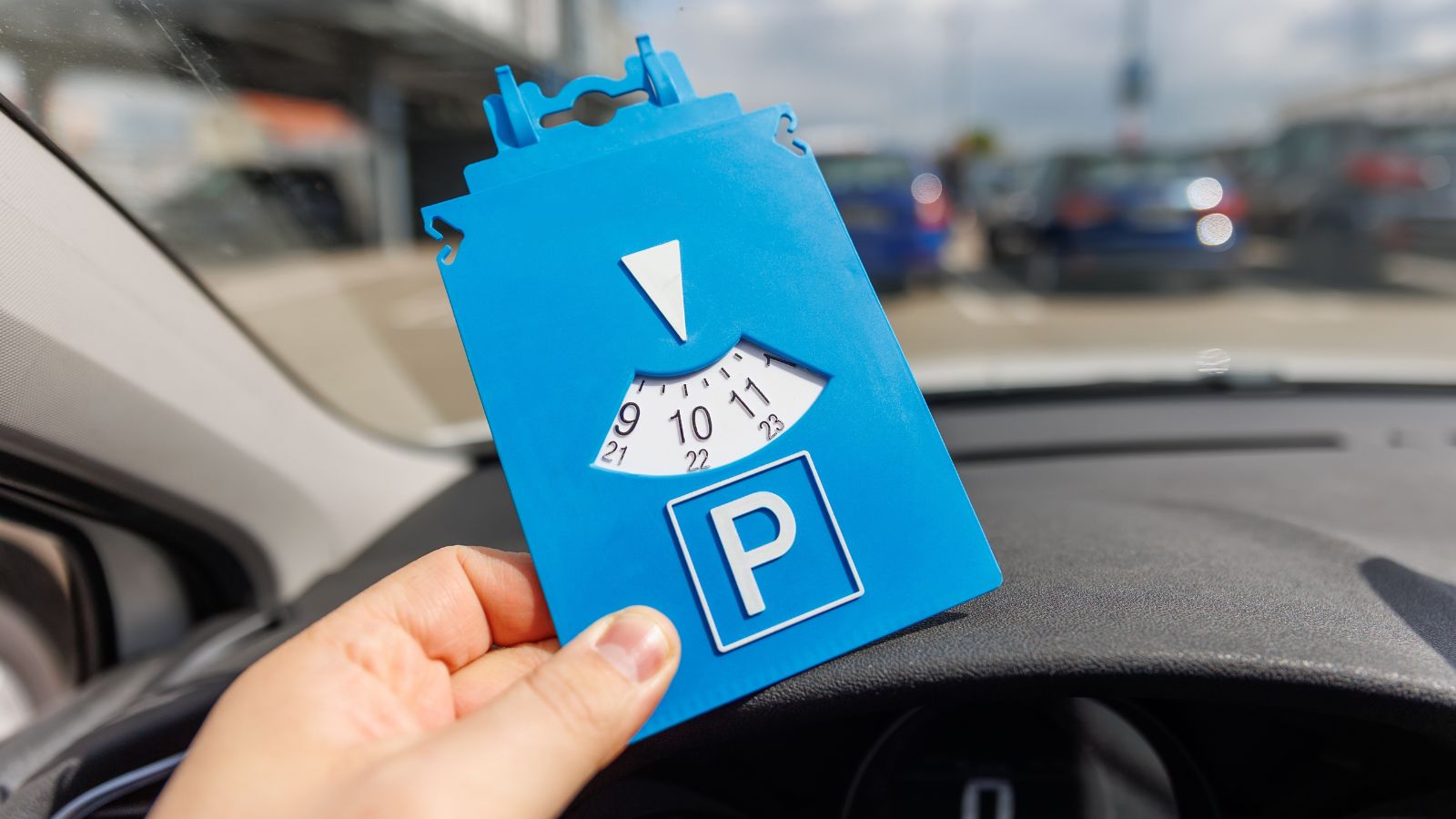
Don’t be fooled by a seemingly empty street: Some parking spaces are only legal during certain hours. For example, if a spot bans parking from 7AM to 9AM for rush hour and you’re caught in the window, you might be towed, especially on major routes in cities like Ottawa or Edmonton. Morning patrols commonly check and enforce these restrictions, sometimes resulting in tows even if you’re only a few minutes late.
Overstaying in a Loading Zone
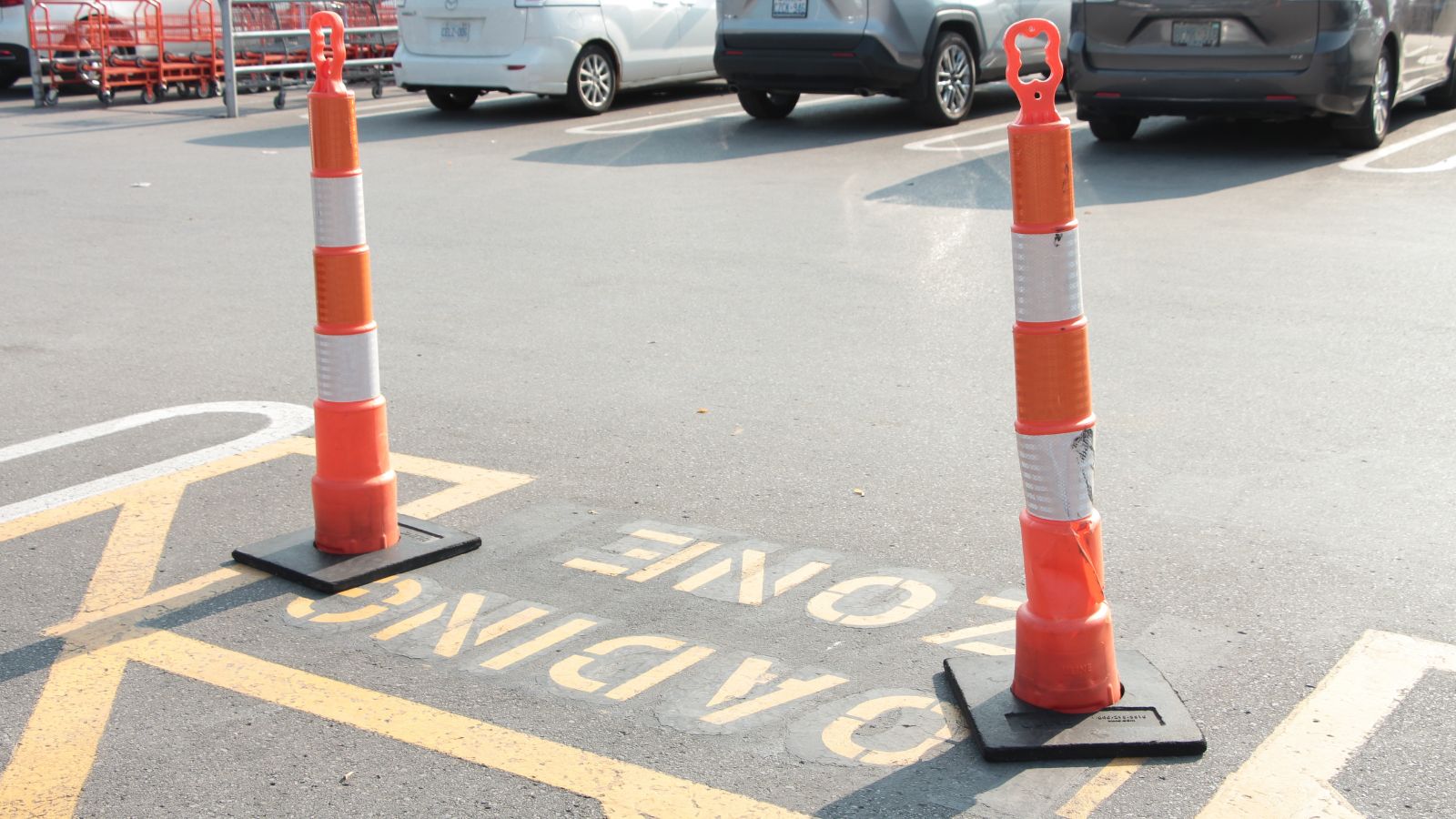
Loading zones are for active loading or unloading only. Sitting in one of these zones, even briefly, or not being involved in a delivery, can result in a ticket, and sometimes a tow, especially in busy commercial districts in cities such as Halifax. Depending on the city, you may or may not be granted a grace period.
Parking in a Handicapped Spot Without a Permit
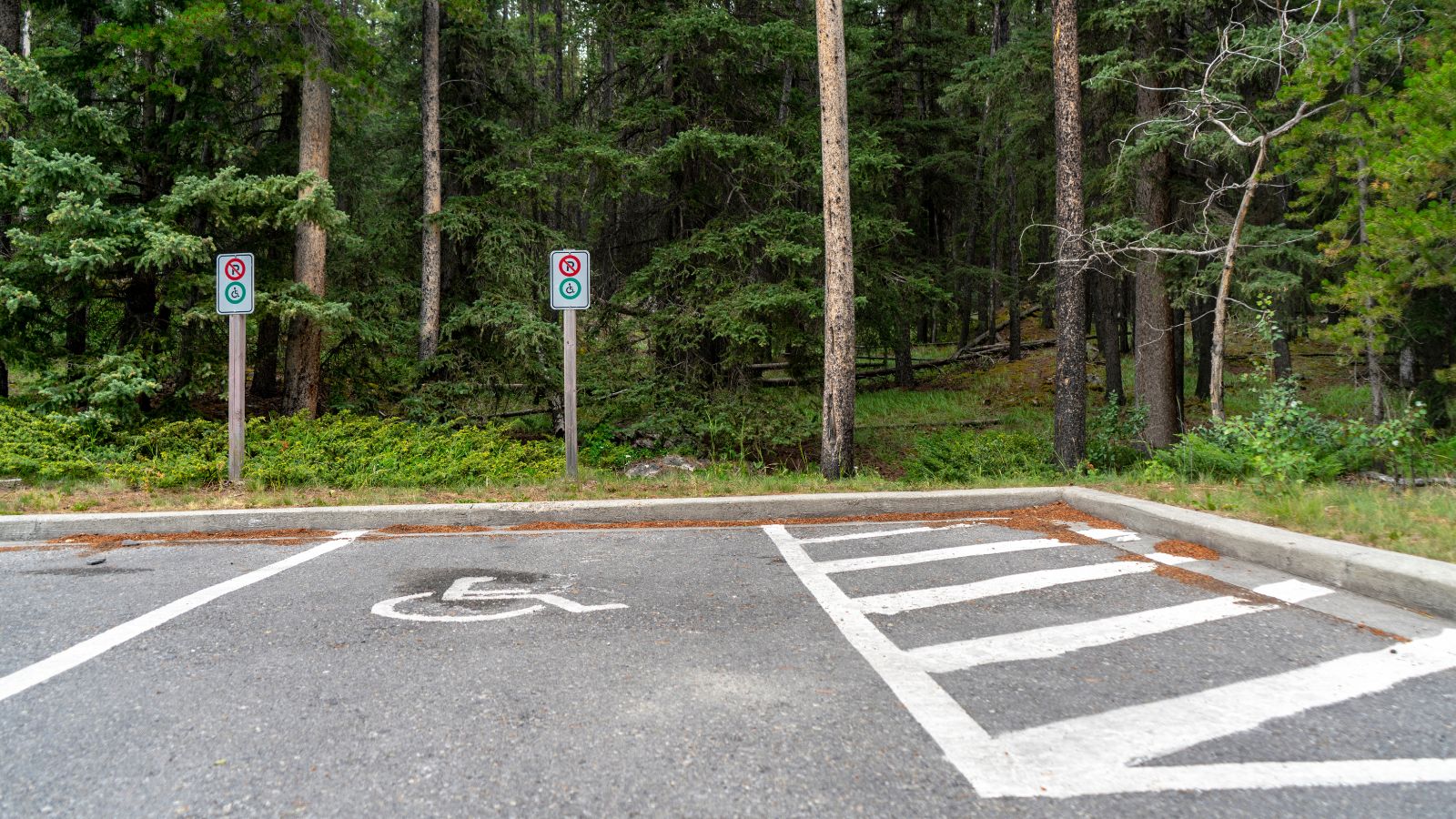
Accessible parking spots are always reserved for permit holders. Parking here without a visible, valid permit can lead to immediate towing and especially steep fines in every province. Enforcement is swift for this violation, as accessible parking is taken very seriously.
Blocking a Curb Cut or Ramp
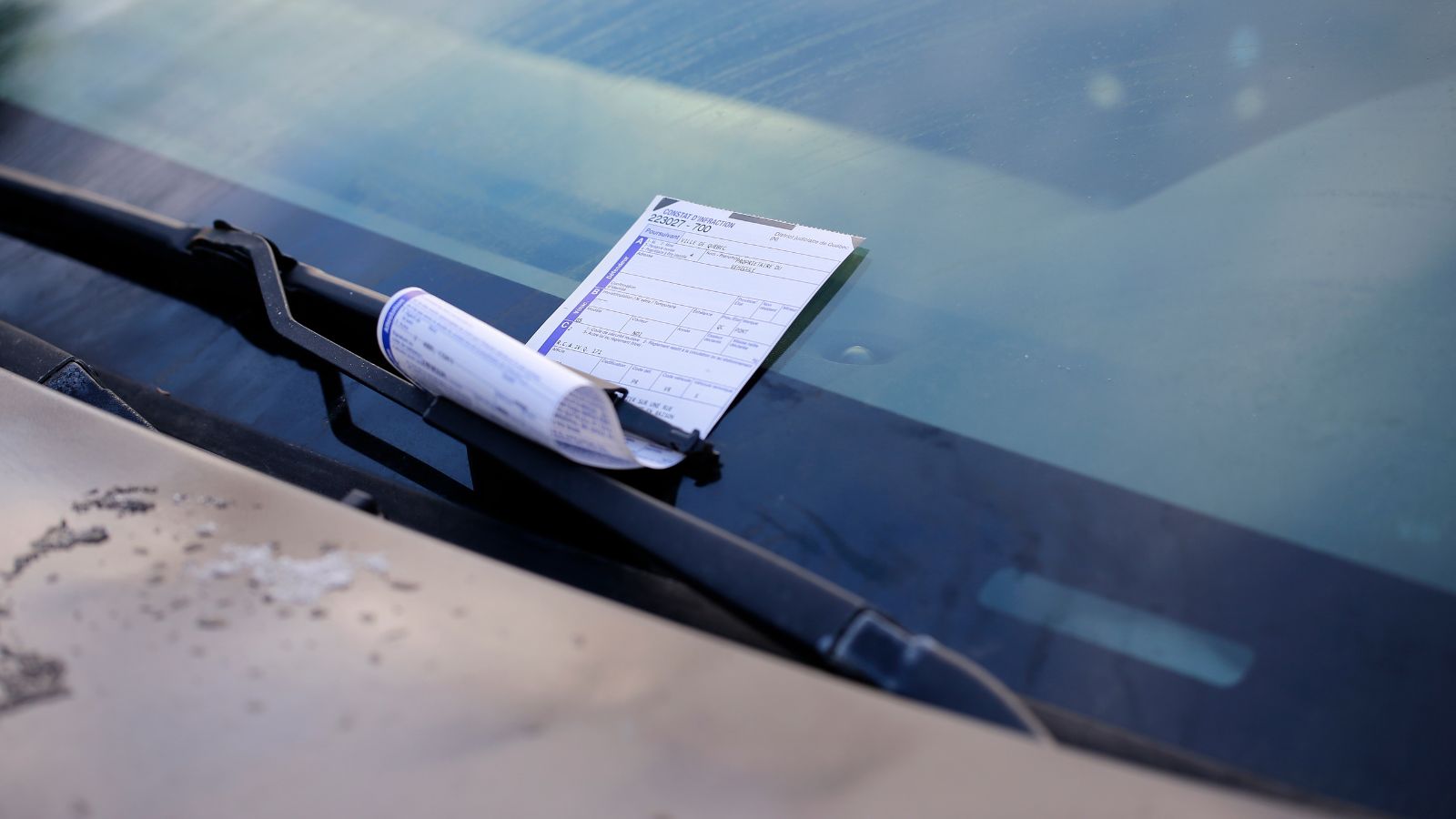
Curb cuts and ramps are designed for wheelchair and stroller access. Blocking even part of one is a safety and accessibility issue, and many cities, including Victoria and Mississauga, treat these as priority zones for ticketing and towing. Penalties and tows often follow if reported or witnessed by enforcement officers.
Parking in a Bike Lane
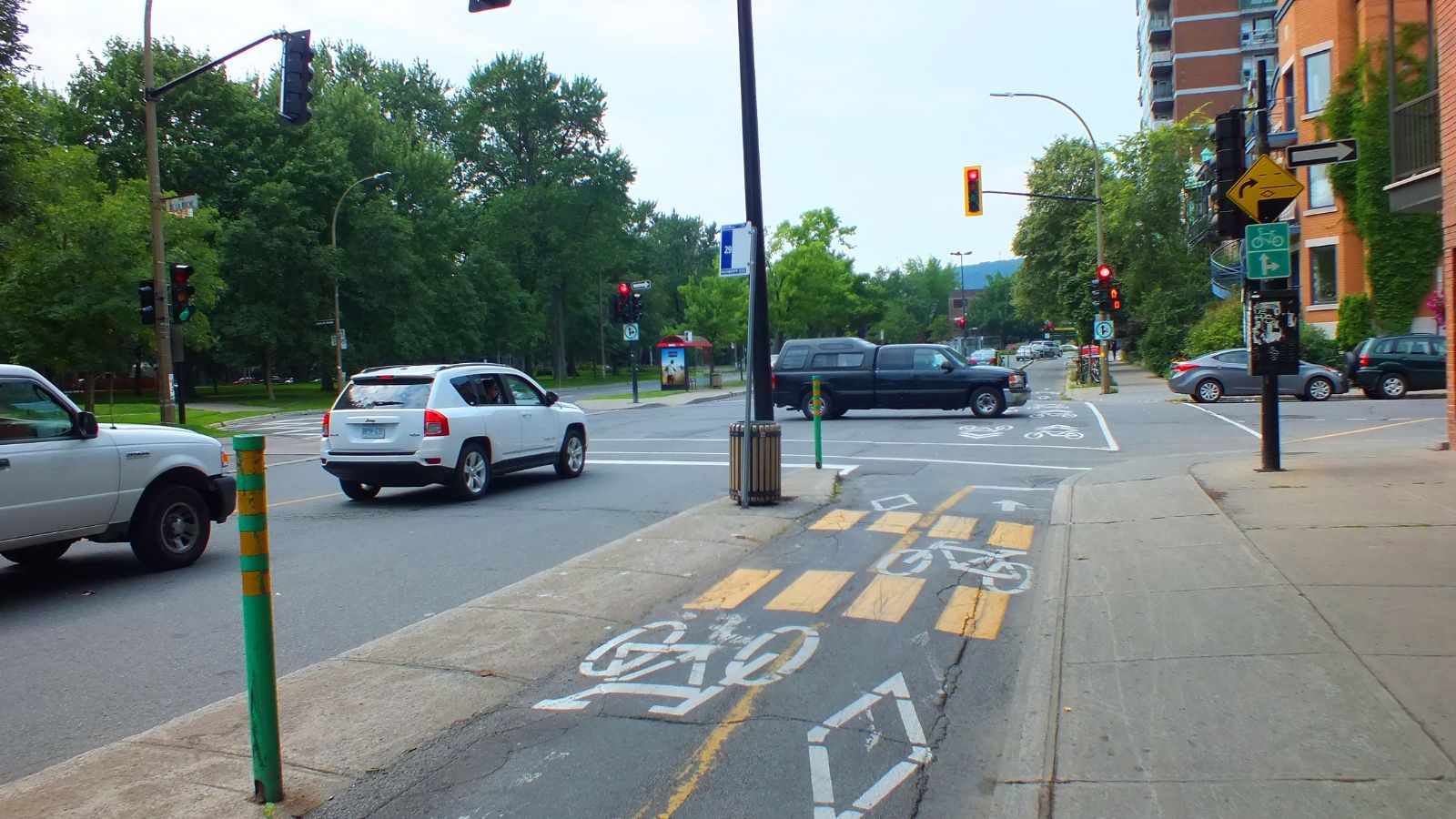
Bike lanes are protected, not just painted lines: stopping or parking in one can earn you an immediate tow in cities like Toronto and Montreal. Towing and ticketing are especially aggressive during commuting hours, but enforcement can happen at any time, so don’t risk blocking these corridors.
Bottom Line
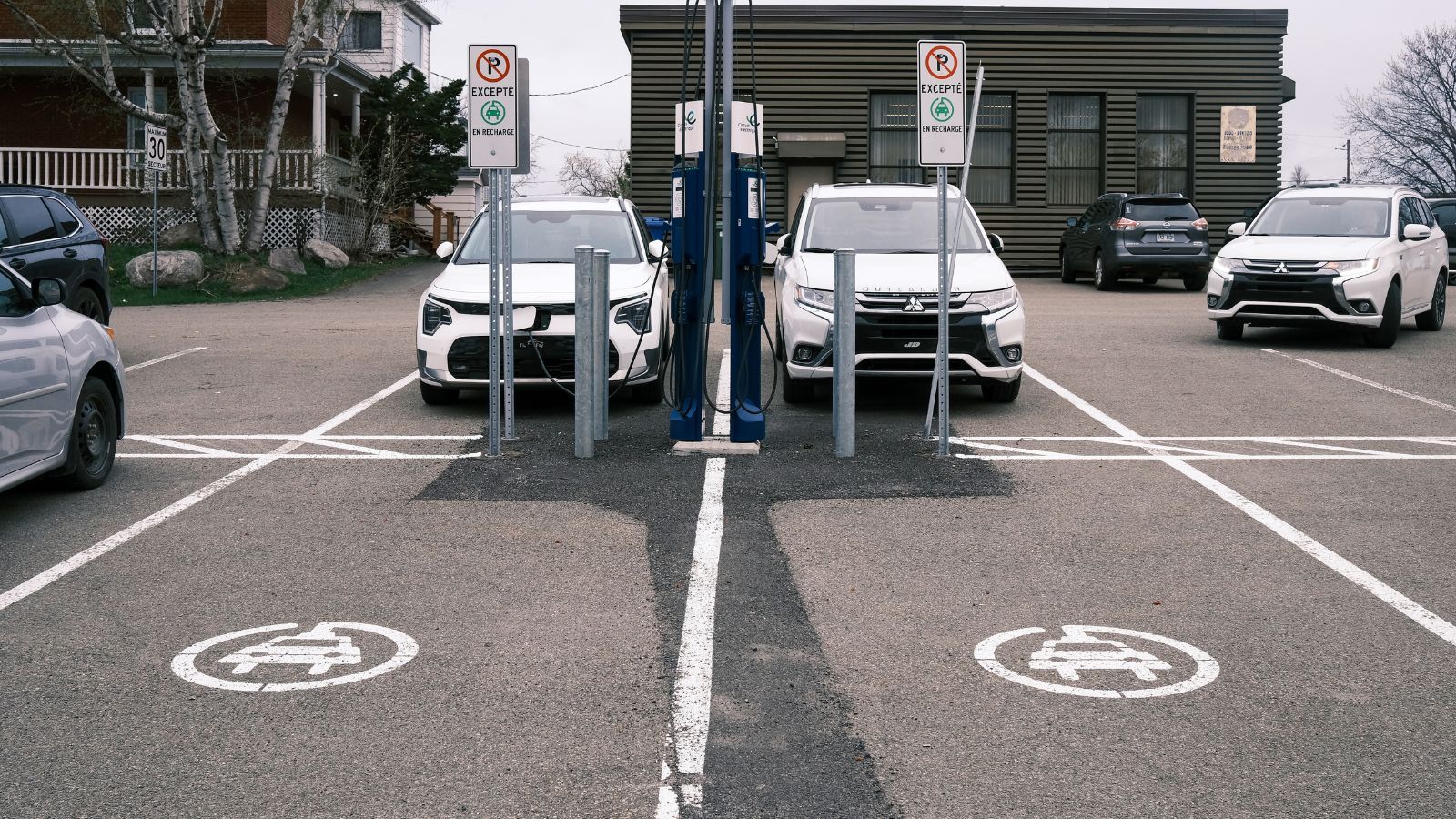
While instant towing is not inevitable for every violation, Canada’s cities take certain parking mistakes very seriously. The fastest way to end up towed? Parking in snow routes during bans, in “no stopping” areas, in a handicapped spot without a permit, or blocking essential access like driveways or curb ramps. When in doubt, check all signs and when in doubt, find another spot.
21 Products Canadians Should Stockpile Before Tariffs Hit

If trade tensions escalate between Canada and the U.S., everyday essentials can suddenly disappear or skyrocket in price. Products like pantry basics and tech must-haves that depend on are deeply tied to cross-border supply chains and are likely to face various kinds of disruptions
21 Products Canadians Should Stockpile Before Tariffs Hit
